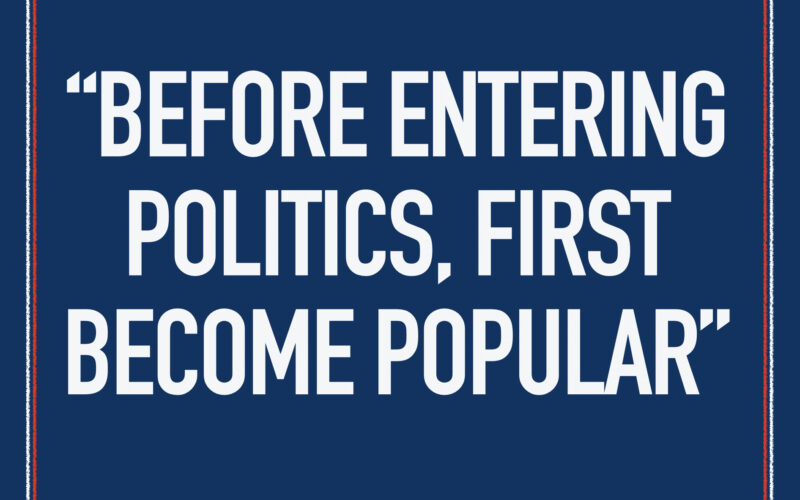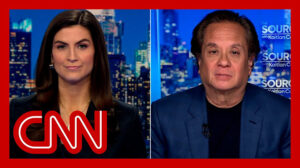
When you make purchases through our links we may earn a small commission.

Photo Credit: Partisan For The People
Put It On Your Wall: CanvasOnDemand.com
Support thesmokingchair.com through Patreon.
Adolf Hitler, the notorious dictator who led Nazi Germany during World War II, left a dark legacy that continues to haunt history. While it is crucial to condemn his actions and ideologies, it is also important to analyze certain aspects of his political philosophy that may have relevance in contemporary political environments. One such aspect is Hitler’s belief that before entering politics, one should first become popular. In this article, we will explore this notion and its potential applicability to the current political landscape in America.
Hitler's Perspective
Adolf Hitler rose to power in the 1930s by capitalizing on public discontent, economic instability, and a desire for change in Germany. In his autobiography, Mein Kampf, Hitler emphasized the importance of cultivating popularity before pursuing a political career. He understood the power of public opinion and believed that a charismatic leader could sway the masses, gaining their support for even the most extreme ideologies.
Application to the Current Political Environment in America
While Hitler’s ideas are inherently tainted by his heinous actions, there are aspects of his political strategy that can be observed in contemporary politics, including in the United States. Popularity and the ability to resonate with a broad audience have become critical components of political success.
Rise of Populist Leaders
In recent years, the rise of populist leaders in American politics echoes Hitler’s emphasis on popularity. Leaders who can effectively connect with a diverse range of voters, tapping into their fears, frustrations, and aspirations, often find success in elections. The ability to communicate a message that resonates with a broad audience has become a hallmark of successful political campaigns.
Influence of Media and Social Media
Hitler’s era did not have the technological advancements that we have today, but the concept of leveraging media influence remains relevant. In the age of 24/7 news cycles and social media, politicians must navigate a landscape where public perception can change rapidly. Crafting a popular image through strategic messaging and media management has become an essential skill for politicians.
Celebrity Politics
The merging of celebrity culture and politics is another area where Hitler’s philosophy finds resonance in contemporary America. Celebrities with large followings often find success when entering the political arena. The ability to capture public attention and maintain a positive public image can be advantageous for politicians seeking popularity.
Caveats and Caution
It is essential to approach this comparison with caution and acknowledge the profound differences between Hitler’s malevolent regime and the democratic principles of the United States. Hitler’s methods involved manipulation, propaganda, and the suppression of dissent, whereas the American political system is built on principles of free speech, checks and balances, and the rule of law.
Final Thoughts
While Hitler’s philosophy on the importance of popularity before entering politics may offer some insights into contemporary political strategies, it is crucial to emphasize that any parallels should be examined critically. The dark history of Hitler’s regime serves as a stark reminder of the dangers of unchecked power and the manipulation of public sentiment. In today’s political environment, the challenge lies in balancing the need for popular appeal with a commitment to ethical leadership and democratic values.
You’ll get more articles like this – and our favorite promotional offers delivered straight to your inbox.
By submitting this form you agree to our terms and conditions. You can unsubscribe at any time.

GFYG: Fun ALL Schoolgirl Try-On Haul

GFYG: Bri Lauren Halloween Costume Haul 🔥


GFYG: Fashion Nova Halloween Costume Haul 2023



‘Bulletproof’: Why Conway believes Trump ruling is ‘so well done’

Biden empowers federal agencies to monitor AI



























